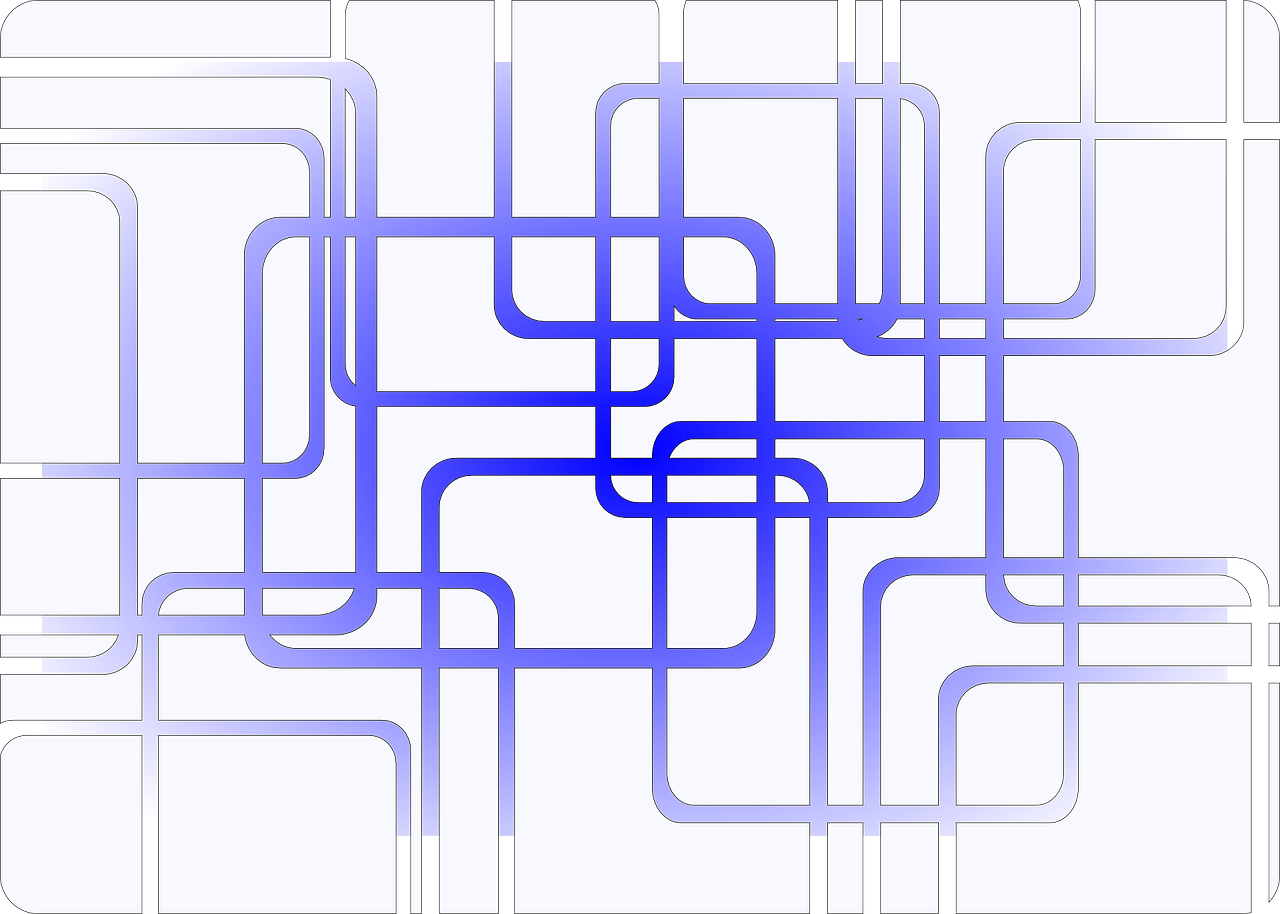
Sunday Brunch: heart health, dementia and holistic thinking
With sustainability solutions, dropping in substitutes isn't enough. We need to think holistically
When it comes to sustainability, the macro nature of many themes - climate change, biodiversity loss, etc - mean that many problems and ultimately solutions will be interconnected. In other words we can't consider them in isolation.
For sustainability professionals, that means a number of things:
Firstly we need to keep on educating ourselves on a broad range of sustainability themes to make sure we understand the overall landscape.
Secondly it highlights the importance of investigating and understanding how things are connected and what the potential knock-on effects of certain actions are.
Thirdly, it means understanding that sometimes the whole system needs to change, not all at once, but in the right sequence of steps - a transition!
Finally, it means understanding the extent of 'the system' - not all solutions are applicable in all locations or for all people.
In summary, we need to have a holistic approach and rather than think about individual solutions for discrete problems, we need to understand the impacts on the overall system.
A holistic approach or a broader focus on overall wellbeing has been core to health care practices in a number of countries in the east for centuries, however, it has become more mainstream globally too.
A holistic approach to healthcare focuses on the whole persona and takes a more natural and integrated approach to promote healing. An important difference with the allopathic approach (the 'Western medicine' approach) is that a holistic one aims to address the underlying cause of illness, rather than just treating the symptoms.
You can read more in a blog I wrote “Everything, everywhere, all at once - holistic approach to healthcare” 👇🏾

Let's stick with healthcare and in particular a devastating set of diseases: dementia.
Dementia, with 55 million sufferers globally and almost ten million new cases per year, is the seventh leading cause of death and a significant cause of disability and dependency among the elderly. A 2019 Global Burden of Disease study estimated that global cases could rise to almost 153 million by 2050, particularly as the World population is getting older.
So then how do we account for findings that the incidence rate of new cases of dementia in North America and Europe fell by 13% between 1988 and 2015?
As well as treating dementia directly, could actually having a healthy heart and being generally well help stave off the worst impacts of dementia?
If you are not a member yet, to read this and all of our blogs in full...

Dementia more than just about the brain?
Dementia is a term covering a number of diseases that affect a person's ability to think, remember and perform normal daily activities. It is progressive, gradually destroying nerve and brain cells.
In that last couple of years there have been some breakthroughs in potential treatments for slowing down the progression of conditions such as Alzheimer's Disease focused mainly on reducing the accumulation of two toxic proteins, tau and amyloid beta in the brain.
However, a study led by researchers at Harvard TV Chan School of Public Health found that incidence of dementia in North America and Europe actually declined by 13% between 1988 and 2015, and more so in men than women (24% versus 8%). That time period is well before the recent treatment breakthroughs. So what is going on?
Carol Brayne, professor of public health medicine at the University of Cambridge in an article for the FT, believes that "optimising neurological function" throughout a person's life is key and that can be done by improving not only brain health but also physical health. That's where cardiovascular health or how healthy our heart and blood vessels are comes in.
You can see from the chart below that cardiovascular diseases have the biggest burden globally in terms of impact on life.
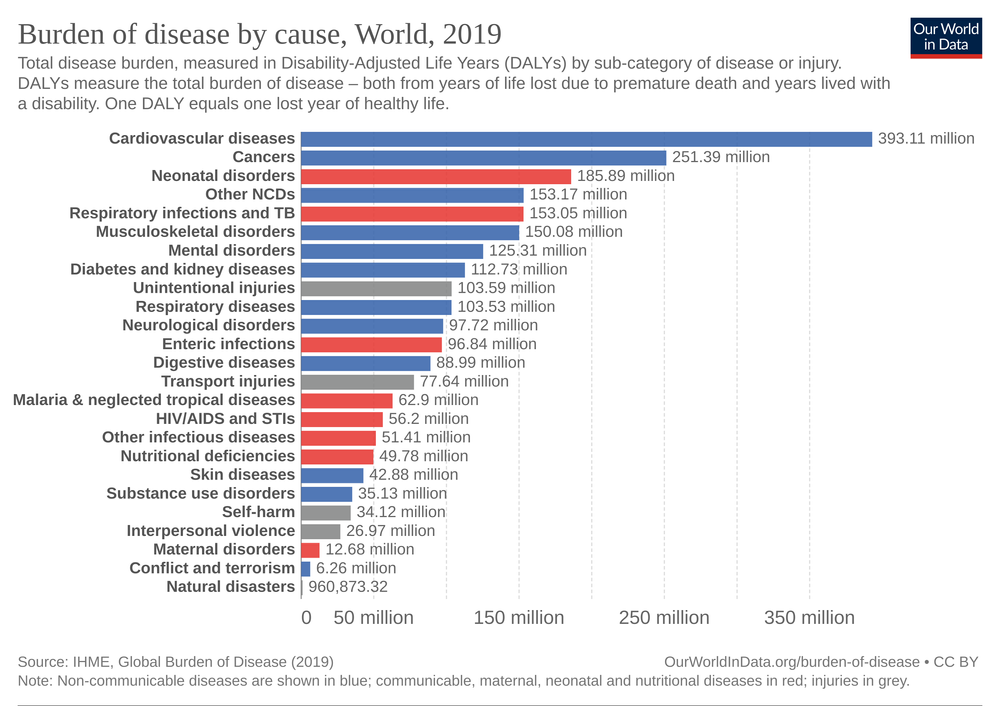
As it is so impactful a lot of attention has been paid to improving cardiovascular health, particularly in the G7 countries and particularly focused on men. In Germany, for example, incidence of cardiovascular disease has fallen by 41.5% in the past 30 years and almost 33% in Australia.
A study from earlier this year by Francine Grodstein, professor of internal medicine at the Rush Alzheimer's disease concluded that there was an "... association with brain health of populationwide improvements in several vascular risk factors" as they found that even as signs of vascular disease in the brain seemed to have decreased over time, the Alzheimer's markers had remained the same.
Important point here is that overall cardiovascular health could help to mitigate the impacts of not just vascular dementia but all dementia. In other words a focus on overall health or considering the human body as a whole system can be beneficial beyond treating a specific symptom or spot.
We could also expand the 'system' beyond the human body to external factors such as air quality. A meta-analysis of a number of studies concluded that PM2.5 might be a risk factor for dementia supporting the importance of limiting PM2.5 and other air pollutants from a public health perspective. You can read more about that here 👇🏾
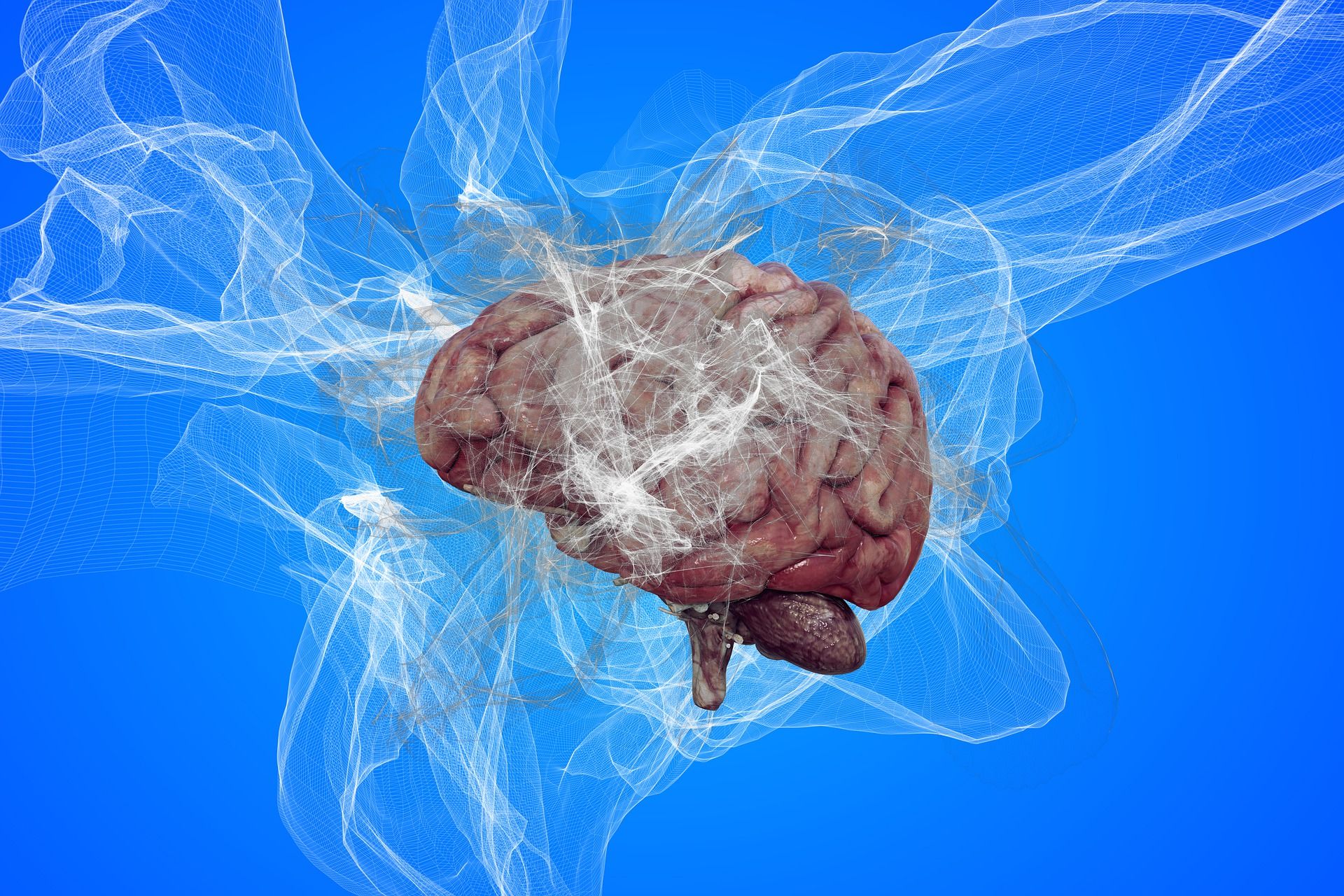
Now let's look at a non-medical example - electrification, looking at adopting electric vehicles (EV) and cleaning up electricity generation.
EVs - same as it ever was?
Transportation represents almost one quarter of energy-related emissions and so a move to change what powers vehicles seems logical. However, swapping traditional internal combustion engine vehicles (ICEs) for EVs is not as simple as a one for one swap.
The shift to EVs is going to create a system change. As Steven puts it:
System changes can have some unexpected consequences - strictly speaking not so much ‘unexpected’ as ‘not anticipated’.
We currently use petrol stations (gas stations) because that was the best way to refuel, but we should not assume that the 'old' way of working will survive into the 'new' age.
Which will have implications for our retail, leisure and work behaviour. You can read his thoughts here 👇🏾
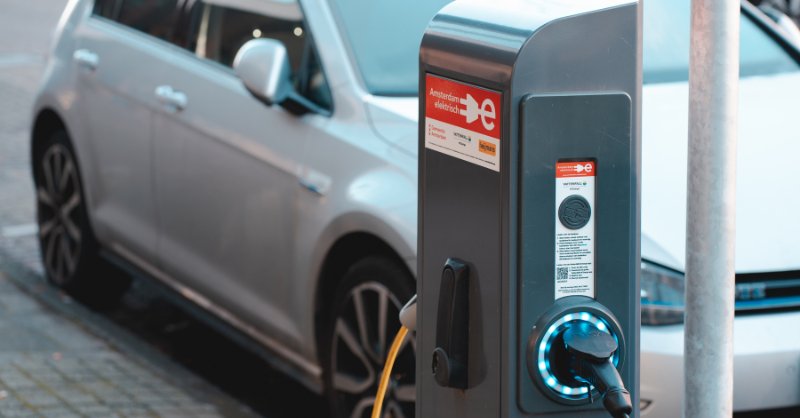
We can't just drop in cleaner electricity generation
As we move to clean up and improve our energy systems, it will not simply be a case of swapping out fossil fuel generation for renewable generation.
The standard view of the electricity system is as below: largely centralised, largely linear.
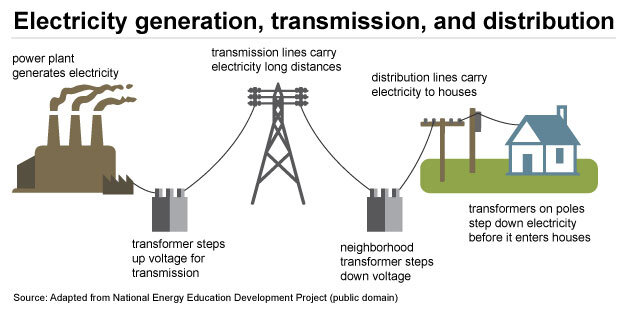
However, fossil fuel generation and renewables have different characteristics, most notably, some renewables, such as solar and wind generate intermittently. Also as we will likely have more electrified appliances and systems we'll require different methods for managing peaks and troughs in demand.
The grid of the future could look like this 👇🏾
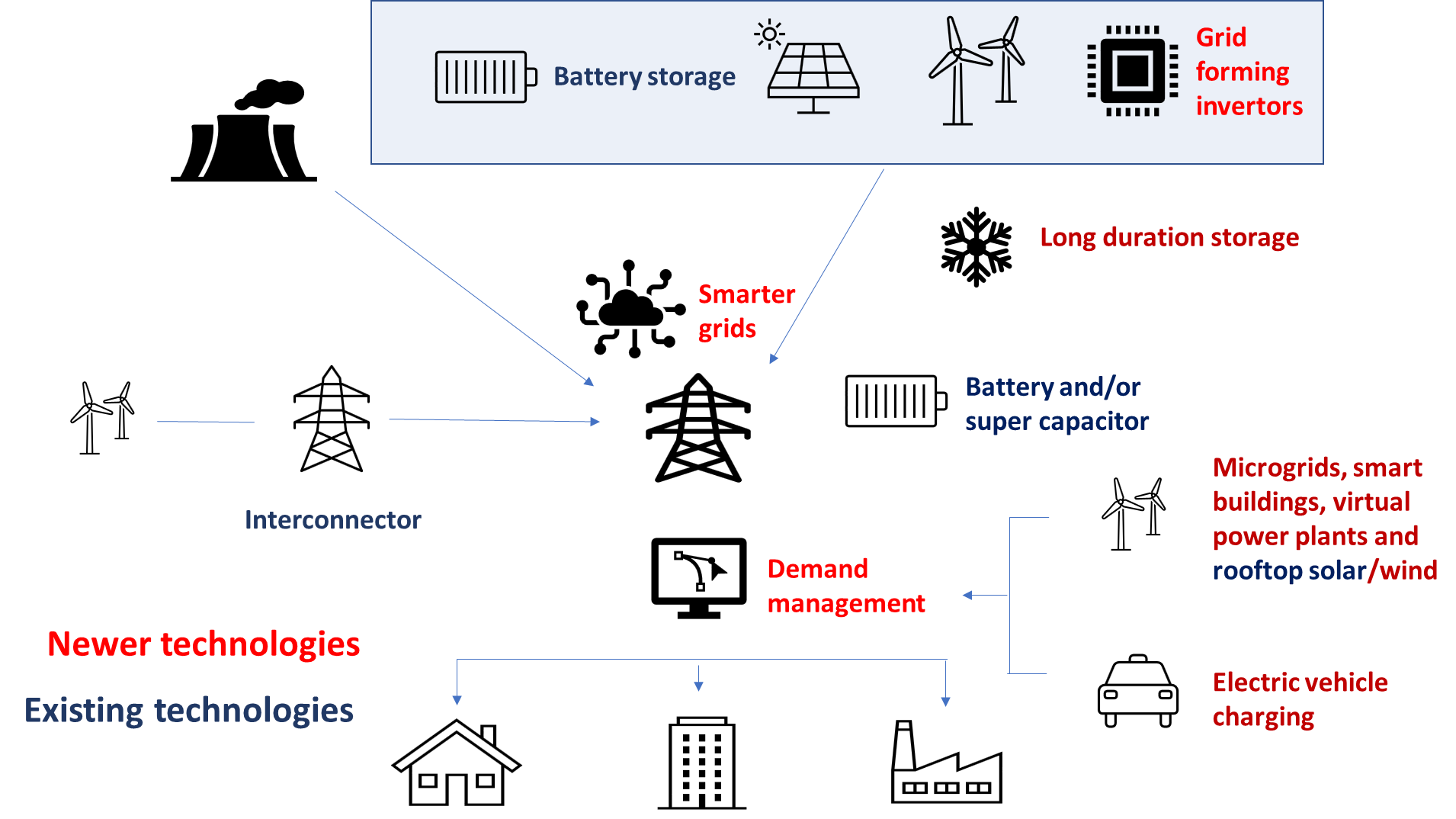
You can read more about it here👇🏾
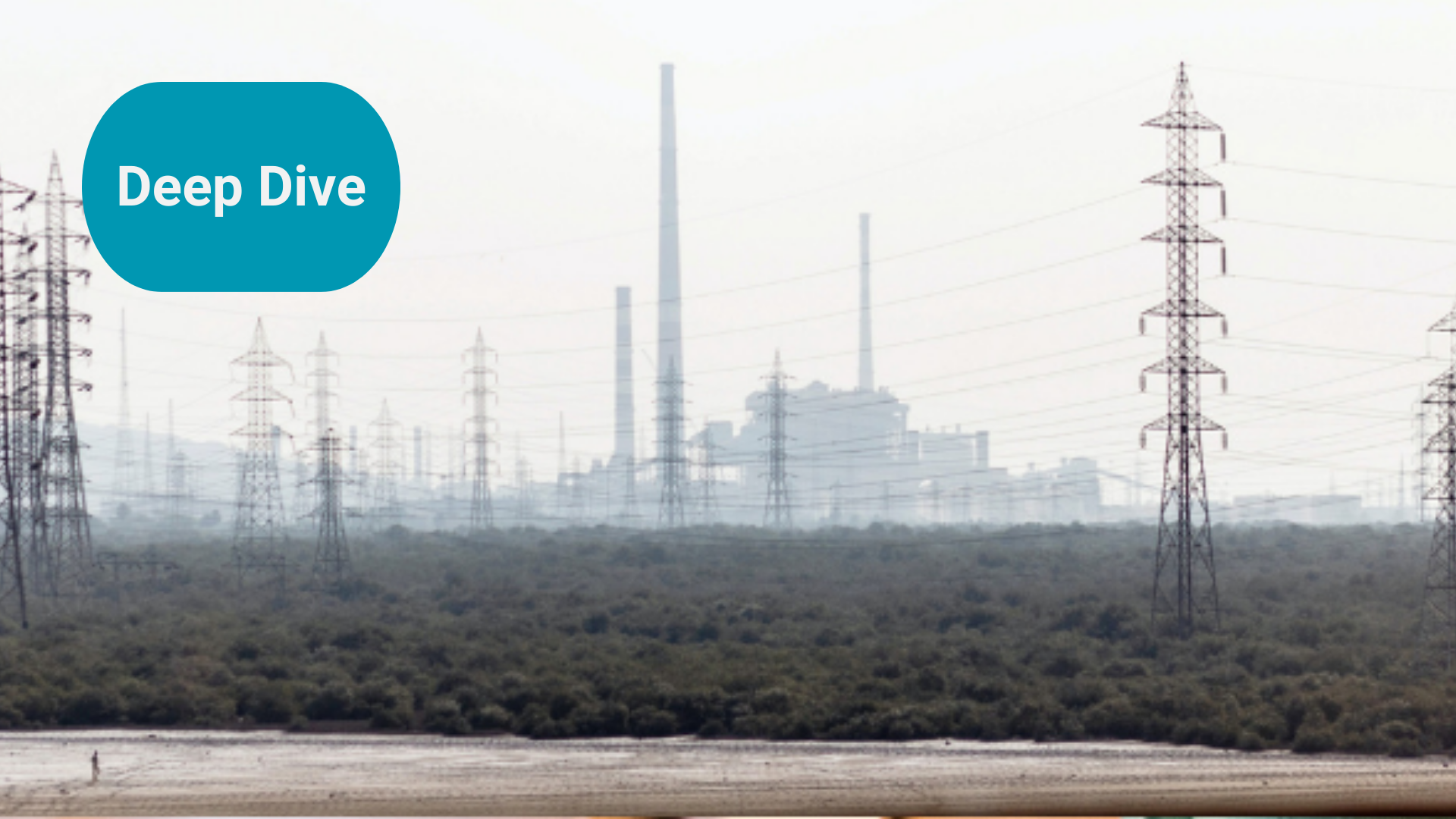
Holistically doesn’t mean whole globe
Finally, it is important to understanding the extent of 'the system' - not all solutions are applicable in all locations or for all people.
The findings on cardiovascular health and dementia have so far been connected with G7 countries. Will it be applicable in other regions? If so will the same kinds of interventions to improve cardiovascular health work in those regions?
The 'grid of the future' mentioned above could look different in different parts of the world. For example, one of our items in 'What caught our eye' last week was an article looking at the potential for the ending of fuel subsidies in Nigeria driving adoption of solar. The lack of a robust grid and low grid connectivity in major cities like Lagos, where 70% of households are not connected to the national grid, could see more of a micro grid structure and in turn require very different investment to, say upgrading the grid in the UK.
So, given the interconnectedness of sustainability themes, systems and people, we can't consider them in isolation. We need to have a holistic approach and rather than think about individual solutions for discrete problems, we need to understand the impacts on the overall system. We also need to understand how big 'the system' is.
When we do that we can create the effective strategic plans.
Something a little more bespoke?
Get in touch if there is a particular topic you would like us to write on. Just for you.
Contact us
Please read: important legal stuff.


